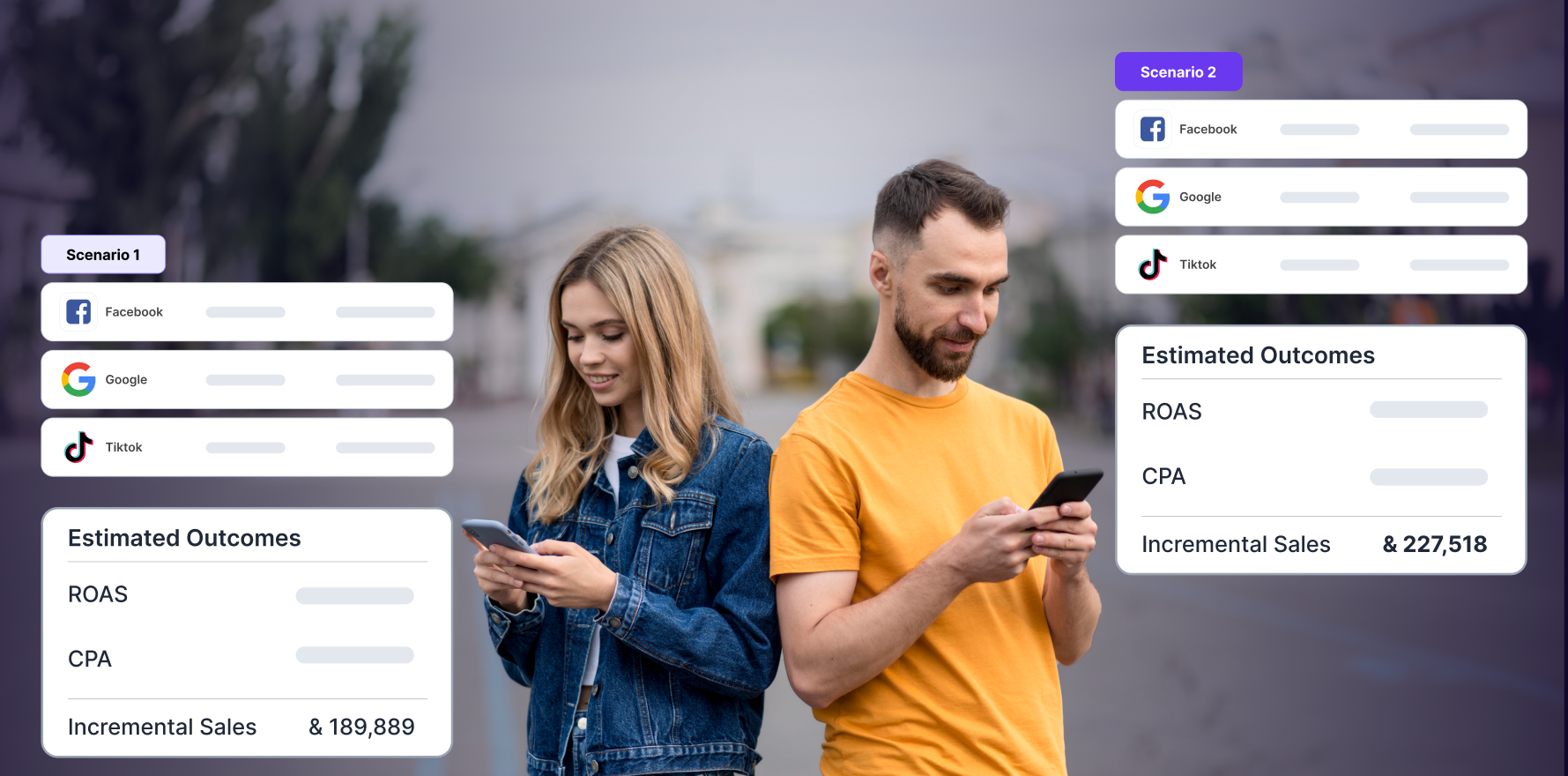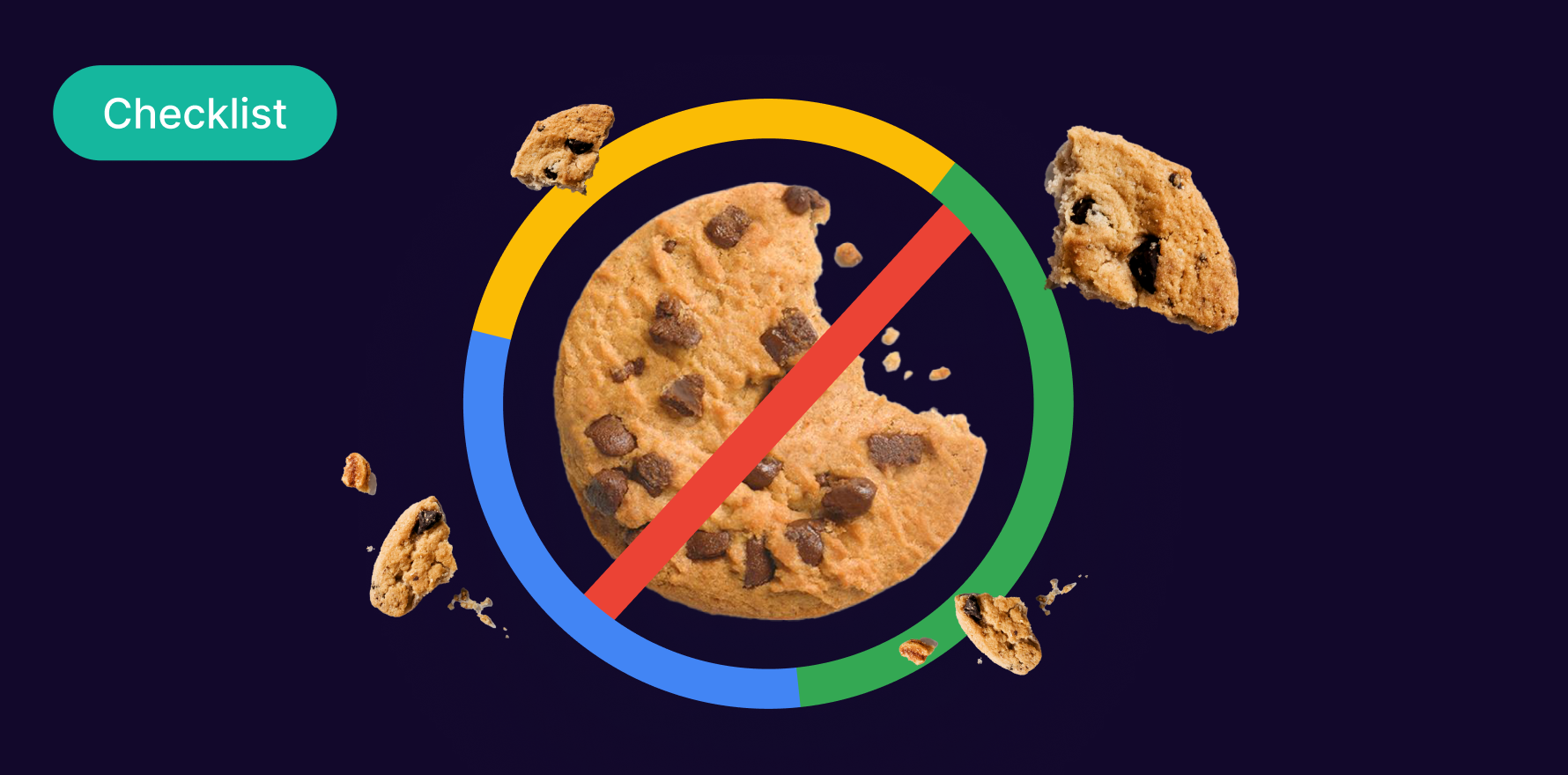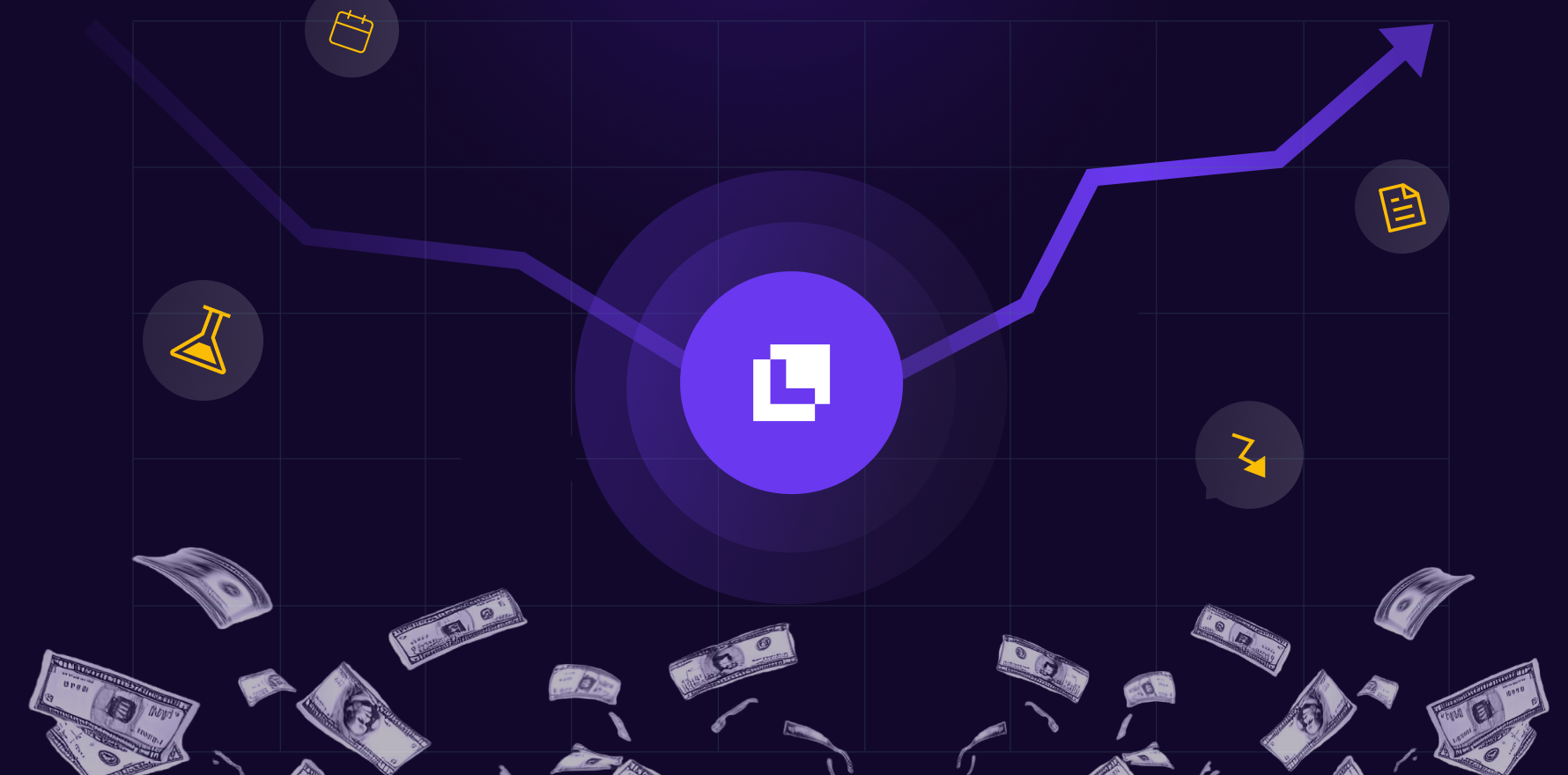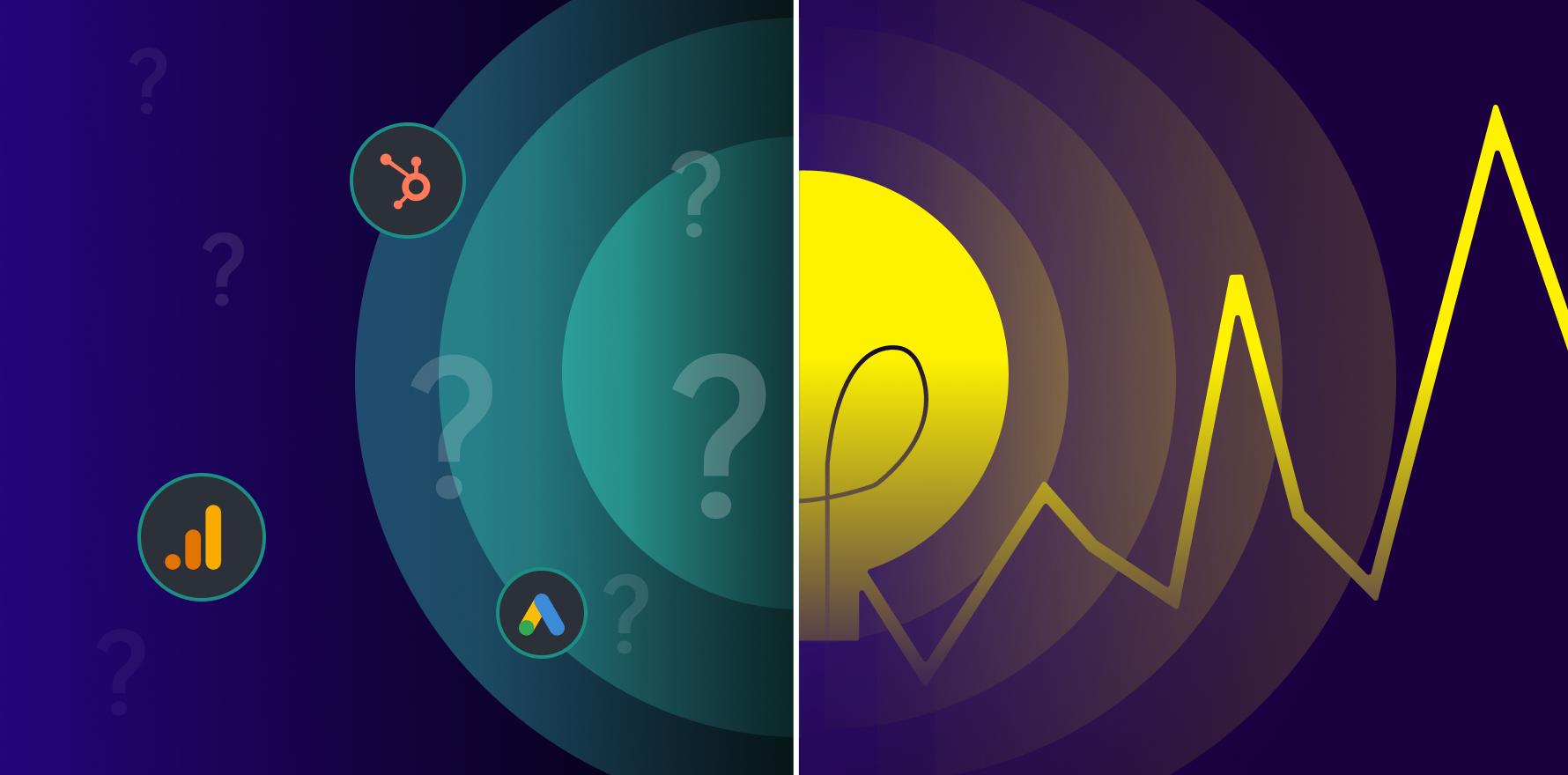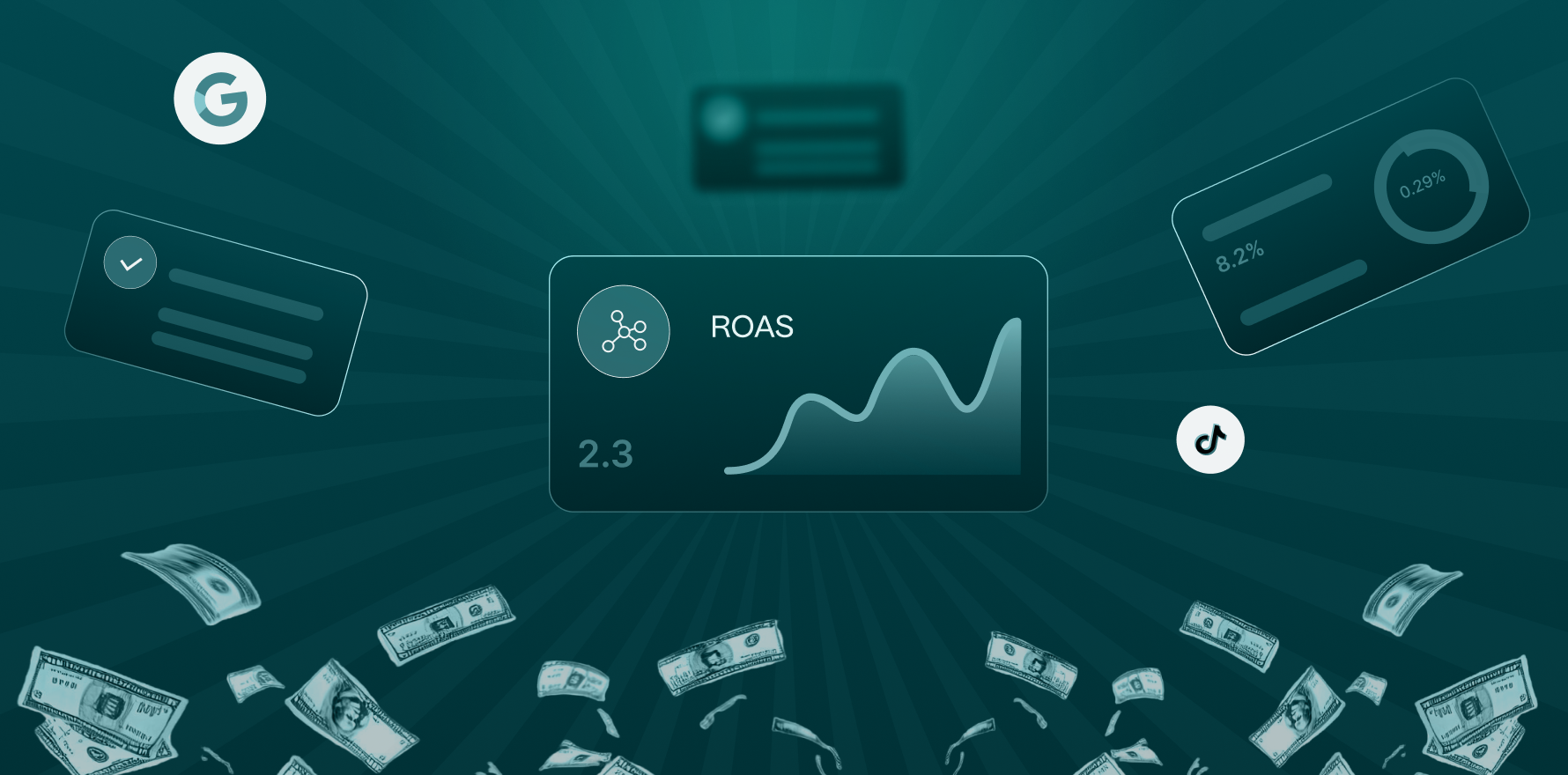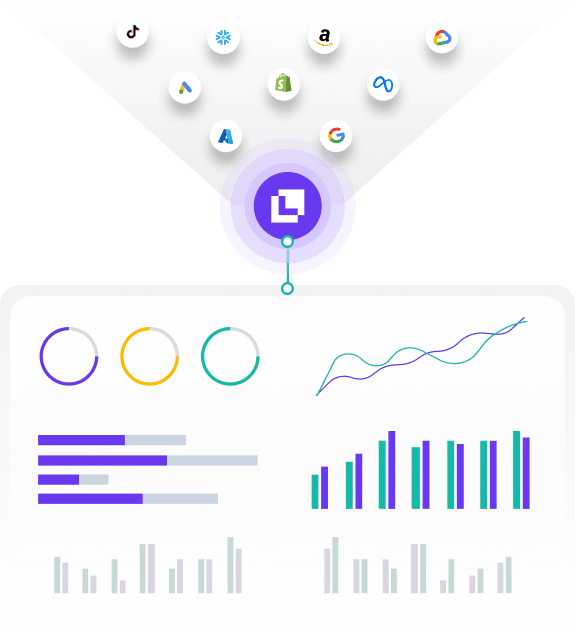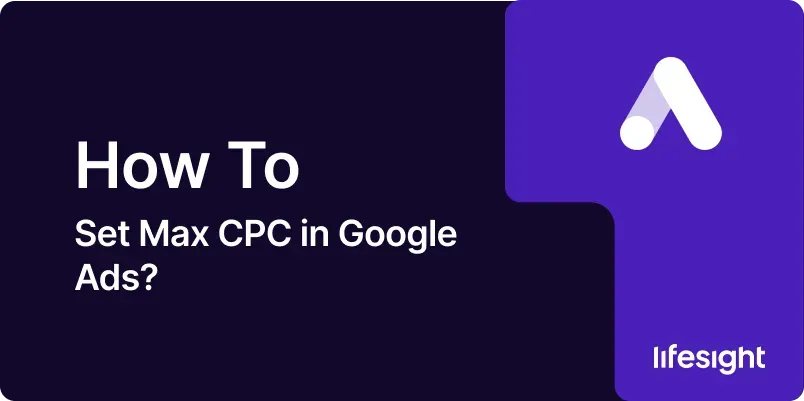
Introduction
In the world of Google Ads, managing your cost-per-click (CPC) is essential to maintaining a profitable and effective advertising campaign. Setting a maximum cost-per-click (Max CPC) allows you to control how much you’re willing to pay for each click on your ad, directly impacting your ad’s visibility and budget management. By understanding and setting the right Max CPC, you can optimize your ad spend while ensuring your ads reach the desired audience. This guide will walk you through the process of setting Max CPC in Google Ads, offering insights into the best practices and strategies for maximizing your advertising efficiency.
1. Understanding Max CPC and Its Importance
Max CPC, or Maximum Cost-Per-Click, is the highest amount you’re willing to pay for a click on your ad. This setting is crucial because it influences your ad’s position on the search engine results page (SERP), the overall cost of your campaigns, and ultimately, your return on investment (ROI). A well-set Max CPC can balance your desire for ad visibility with your need to manage costs effectively.
2. Prerequisites for Setting Max CPC in Google Ads
Before you can set Max CPC in Google Ads, ensure that:
- You have a Google Ads account: Ensure your account is active and properly set up.
- Campaign Goals are Defined: Clearly outline your campaign objectives, such as increasing traffic, driving sales, or boosting brand awareness.
- Keyword Research is Completed: Conduct thorough keyword research to understand the competitive landscape and estimated CPC for your targeted keywords.
3. Step-by-Step Guide to Setting Max CPC
Step 1: Log into Your Google Ads Account
- Access Google Ads: Open your web browser and go to the Google Ads website. Sign in using your Google credentials.
- Select the Appropriate Account: If you manage multiple accounts, choose the one that you want to adjust Max CPC for.
Step 2: Navigate to Your Campaign or Ad Group
- Choose the Campaign: In the Google Ads dashboard, navigate to the ‘Campaigns’ tab on the left-hand side.
- Select the Ad Group: Within your chosen campaign, click on the specific ad group where you want to set or adjust the Max CPC.
Step 3: Choose the Right Bidding Strategy
- Select a Bidding Strategy: Google Ads offers several bidding strategies, such as Manual CPC, Enhanced CPC, and automated bidding strategies like Maximize Clicks or Target CPA. For manual control over Max CPC, choose ‘Manual CPC’.
- Understand the Implications: Manual CPC allows you to set the Max CPC for individual keywords or ad groups, giving you greater control over how your budget is spent.
Step 4: Set Your Max CPC
- Set Default Max CPC: On the ad group or campaign level, you can set a default Max CPC. This amount will apply to all keywords within the ad group unless specified otherwise.
- Input the Amount: Enter the maximum amount you are willing to pay per click. Be strategic—consider the balance between visibility and budget constraints.
Step 5: Adjust CPC for Specific Keywords
- Keyword-Level Adjustment: Click on the ‘Keywords’ tab within your ad group. Here, you can set different Max CPC bids for individual keywords based on their performance, competition, and relevance.
- Analyze Keyword Performance: Use data from past campaigns or Google’s Keyword Planner to determine the appropriate bid for each keyword. High-performing keywords may justify a higher Max CPC.
Step 6: Monitor and Optimize Your Max CPC
- Review Performance: Regularly monitor the performance of your ads and adjust your Max CPC as needed. Use metrics such as CTR (Click-Through Rate), conversion rate, and average position to gauge the effectiveness of your bids.
- A/B Testing: Experiment with different Max CPC levels to find the optimal balance between cost and performance. Consider setting higher bids for top-performing keywords and lowering bids for underperforming ones.
4. Best Practices for Managing Max CPC
- Start with a Moderate Bid: If you’re unsure where to begin, start with a moderate Max CPC and gradually adjust based on performance data.
- Leverage Bid Adjustments: Use bid adjustments for devices, locations, and ad scheduling to fine-tune your Max CPC and maximize ROI.
- Utilize Automated Rules: Set automated rules in Google Ads to adjust bids based on specific criteria, such as time of day or campaign performance thresholds.
5. Common Pitfalls and How to Avoid Them
- Overbidding: Setting your Max CPC too high can quickly exhaust your budget without guaranteeing improved performance. Avoid aggressive bidding unless you have solid data to support it.
- Ignoring Low-Performing Keywords: Don’t waste budget on keywords with consistently low CTR or conversion rates. Regularly prune underperforming keywords or lower their bids.
- Neglecting Mobile and Location Bids: Failing to adjust bids for mobile devices or specific locations can result in missed opportunities or wasted spend. Customize your strategy to account for these factors.
Summary
Setting the right Max CPC in Google Ads is a critical component of a successful digital advertising strategy. By carefully selecting and adjusting your Max CPC, you can control your ad spend, improve your ad’s visibility, and achieve better results from your campaigns. Following the steps and best practices outlined in this guide will help you optimize your Max CPC settings and maximize the return on your advertising investment.
Free essential resources for success
Discover more from Lifesight
